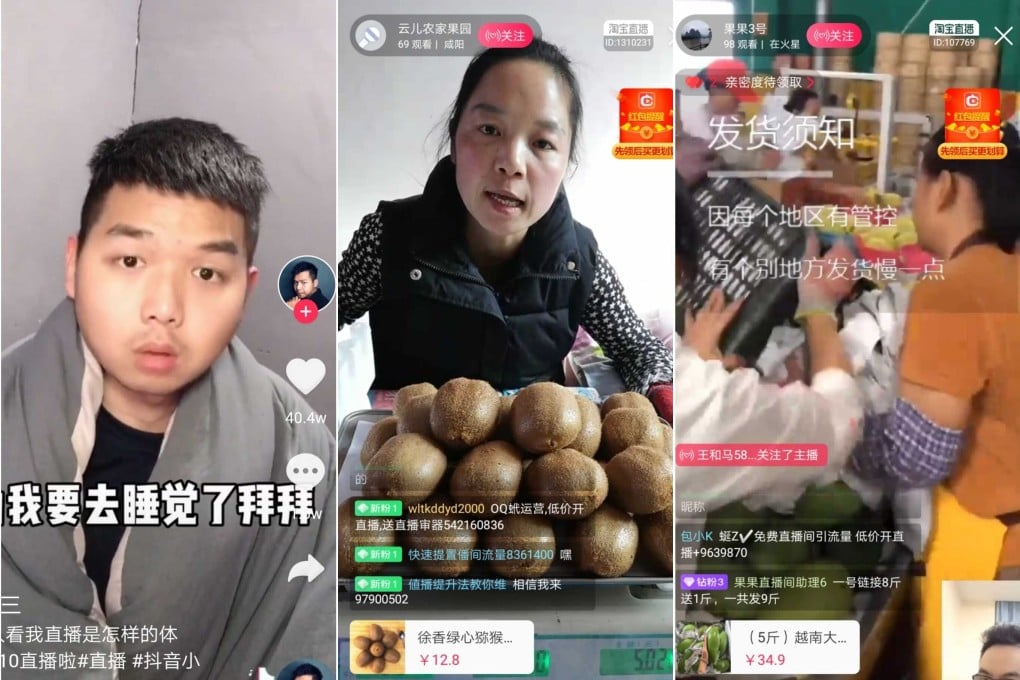China’s TikTok, Douyin, says it created 36 million jobs in the last year, with lots of live-streamers
- The central government created a new job title in July for ‘online marketing professionals’, in an attempt to help the job market recover
- Beijing says there are around 200 million ‘flexible workers’ in China, including a growing number of online content creators

Short-video platform Douyin, the Chinese version of TikTok, says it created 36 million jobs domestically over the year-long period from last August in the video and live-streaming sector – one of the few areas where employment is flourishing in the nation’s challenging post-coronavirus labour market.
Among that total, about 20 million are individual content creators and live-streaming hosts, while 8.6 million came from their team members. The rest were from Douyin’s corporate accounts and multichannel networks that help manage and market multiple accounts, according to a report published on Wednesday by the company in partnership with Renmin University.
The report, the first of its kind from a short-video platform, shed some light on the country’s rapidly expanding live-streaming industry that has seen much stronger demand for new hires this year after the pandemic hurt both manufacturing and service businesses, forcing many firms to sell their products online.
In the second quarter, live-streaming-related job posts increased by more than 200 per cent from a year earlier, which led to a doubling in entertainment industry hiring compared with the first quarter at the height of the coronavirus outbreak in China, according to Zhaopin, an online recruitment services provider.
